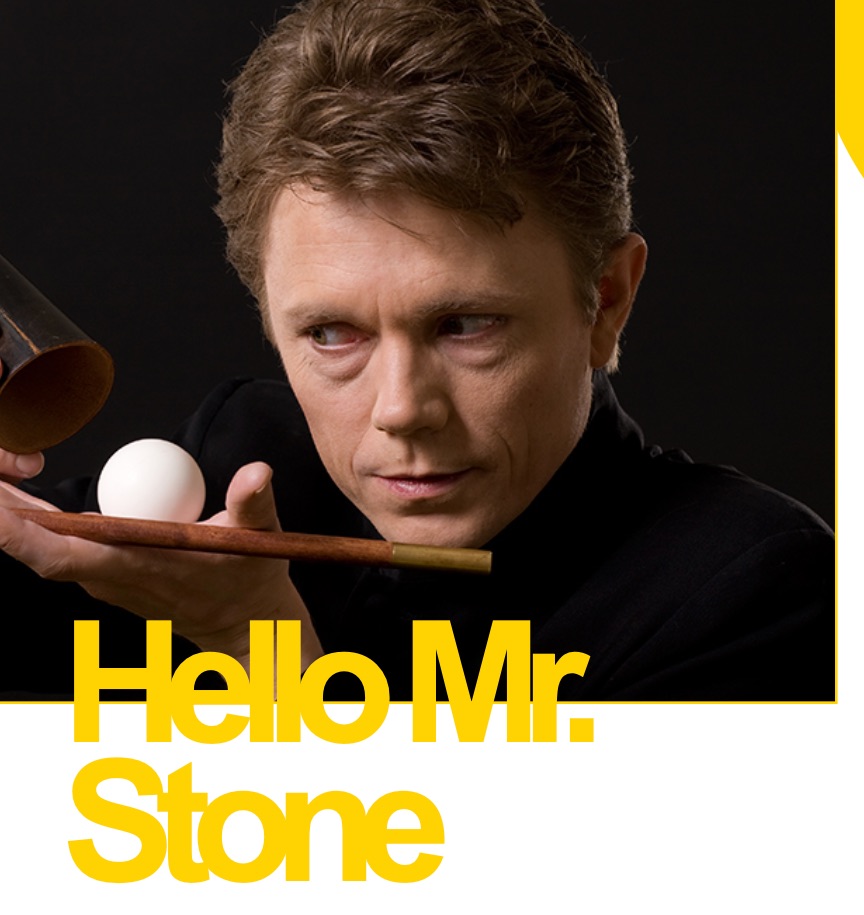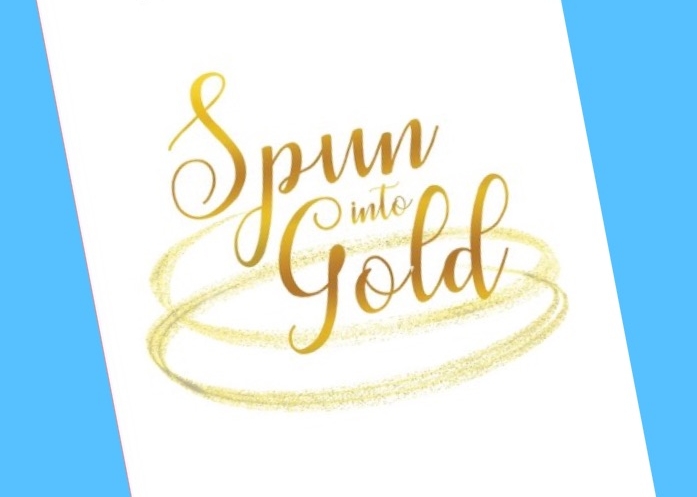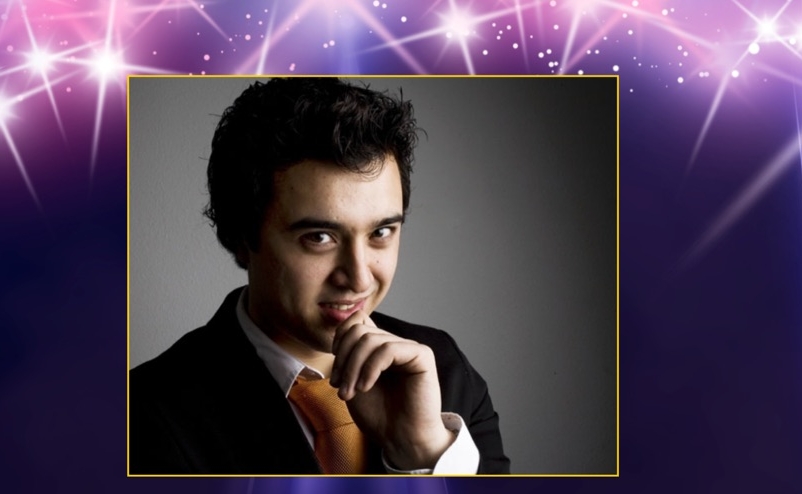- A Note from Our President
- Restricted content
- Finnish Edition of the Amsterdam Magic Show
- Blackpool 2023
- How a Musician Would Learn a Magic Trick
- The Bill Chung Lecture, Review
- Agenda, April 2023
- Simplicity, the keynote to good magic
- The AMSociety Seal
- Georgia Wonder Used Physics to Make Magic
- Hello, Mr. Stone
This morning, I got an email with the subject heading “Advice for an Amateur”. Since it was a polite and flattering letter, I spent some time writing a reply. After having sent my reply, it struck me that most of my response was things I had said before, in replies to other similar letters. If more than one person ask something, it is a fair assumption that the answer will hold interest for far more than one person… so why not make an article of it?
Hello Mr.Stone,
I’m an amateur magician and a big fan of yours. Recently I’ve been starting to get serious about the art, reading as many books as I can (including every genii article of yours I could find) and, more relevantly, trying to invent my own material. I’ve run into some hurdles though, and I wanted to as you for some advice if that’s okay. I have two main questions. How do you choose what method to use for an effect, and how does one invent original methods in the first place? I feel like I’m much better at coming up with a premise or what I want an effect to play as, rather than figuring out how to actually make the effect happen.
How do you know if an effect will fool people? I would imagine this is a matter of experience, which is made difficult when, like me, you don’t really have much. I hope my request for advice doesn’t come off as rude or entitled in any way. Mentors are hard to find in this day and age, so I’ve been emailing people whose work inspires me. Thank you so much for your time and contributions to the magic community!
Sincerely,
NN
The reply:
Hello NN,
The first question: I always try to choose a method that is beautiful or joyful. If thinking about it makes me smile or giggle, I know that I am on the right track.
Second question: Don’t worry about what is ”original”. Originality should never be a goal. Originality is a side-effect that happens by itself when the work is done properly. I have many pieces that others call ”original”, but I never planned for them to be original, it just happened as a side- effect. Striving for ”originality” often lead you to search for solutions outside the problem at hand, when it is more fruitful to dig into what you have in front of you. It is so easy for us to get caught up in our own shortcomings that we forget our strengths… that we all are unique beings with unique experiences; and if we do what feels obvious and natural to us, other people will perceive it as unique and original. Others will ask ”how on earth did you come up with that?”, and you’ll will find it difficult to come up with an answer, because all you did was to do what seemed obvious.
We all have ’go to’ solutions. Basic methods that we know inside and out. Just reading rarely expands that tool chest. You can read 100 awesome books, but when you try to create something you still fall back on what you had before reading those 100 books.
You need to try the ideas out as you read them, for the new ideas to become assimilated. It is not necessary to try it full out – you can try it out in pantomime, and use non-functional dummy props made of cardboard and tape. Because once it is tried out physically, it goes from theoretical to practical, and it becomes a new tool in your toolbox. Film yourself as you try it out. Don’t worry over it looking like shit – no one else will see it, and you can delete it immediately. But watching yourself do the rudimentary idea will give you an idea how it will look to the audience. It also will help you invent variations that will fit you better.
I never know if a new effect will fool anyone. But I never worry over it. I know that my craft is deception… and if I’ve done the work properly, and have a clear plot, then that is enough for me. If it doesn’t play well, then I have overlooked something, and then I have to take it out of the show, rework it, and try again. Look at people when you’re out in the real life. Try to predict their actions. When people put their shopping in their bags, what item do they take first? Which do they take last? Try to learn how stories are constructed, read a book or two about scriptwriting – they are all quite interesting, so pick any scriptwriting book at random. Try to film yourself as much as possible when experimenting and playing around. It will feel weird to watch yourself at first, but that threshold will soon be passed if you just keep on doing it. Be kind to yourself. It is enough to just let the flaws register, no need to hit yourself over the head. Learn to appreciate and enjoy the failures, and everything becomes easier. Above all, remember that all this should be joyful. If it doesn’t feel joyful, either change what you’re doing or make it joyful; have snacks at hand, play joyful music, dance, laugh..
Tom Stone
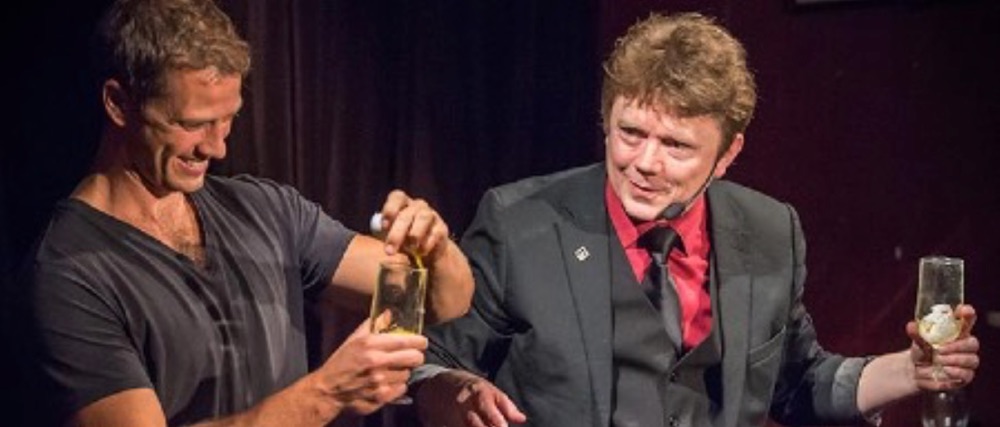 Republished with permission from https:// www.tomstone.se/en/melange/advice-for-an- amateur The author, Tom Stone, is a Swedish full-time magician who have a good reputation for his practical innovations in the field.
Republished with permission from https:// www.tomstone.se/en/melange/advice-for-an- amateur The author, Tom Stone, is a Swedish full-time magician who have a good reputation for his practical innovations in the field.
For more information about his instructional ebooks and workshops, please visit: wargmagic.com or magic-workshops.com
Workshops for magicians is an initiative to increase and widen the average practitioner’s general knowledge about magic as an art and a craft. To provide both the scientific underpinnings, as well as dramatic frameworks, in order to cultivate great experiences for both artist and audience. It is time to put aside the training wheels.
We have a long experience of arranging and organising education for magicians, in all forms; lectures, one-day workshops, week- long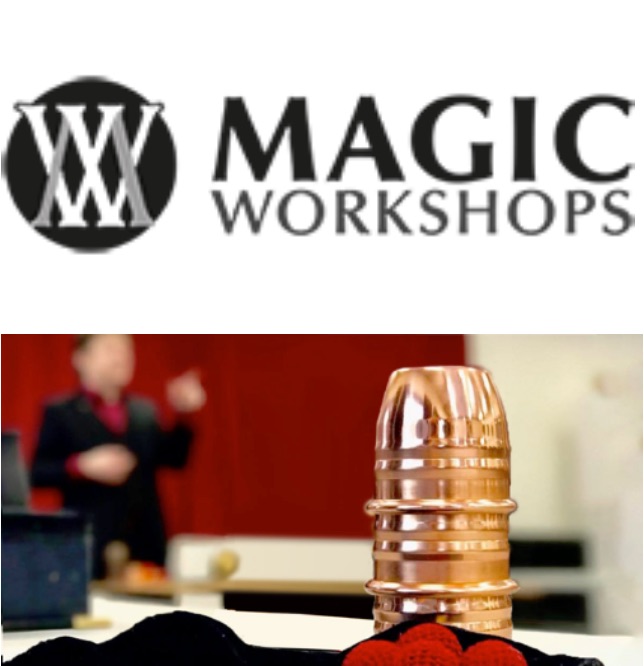 workshops, books, instructional films, on- line learning and university courses. Mainly for experienced performers, as well as the occasional course for beginners.
workshops, books, instructional films, on- line learning and university courses. Mainly for experienced performers, as well as the occasional course for beginners.
It is our firm belief that a deeper and wider understanding of our art and craft will bring forth not only better and more artistic performances, but also more and richer venues for magicians to perform in.
We firmly believe in the Robert Frost poem:
Two roads diverged in a wood, and I—
I took the one less traveled by,
And that has made all the difference.
Tom Stone is responsible for the educational content, as well as for the hands-on approach to teaching. Tom was also the head teacher for the world’s first accredited university course in Magic at the Stockholm Dance and Circus University.
https://magic-workshops.com/past
https://magic-workshops.com/course- evaluations/evaluations/

